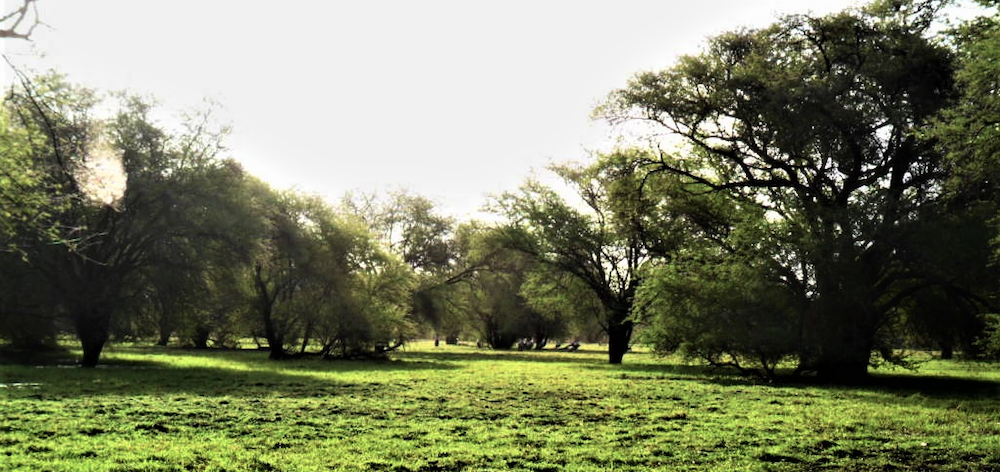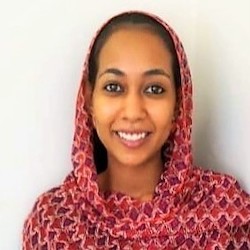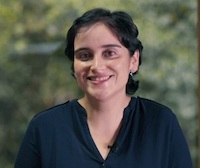
Project overview
The Dinder National Park (DNP) is one of the oldest and largest protected areas in Sudan. The park hosts diverse fauna and flora species and represents a major flyway of migratory birds. Ethnic and cultural diversity greatly contributes to the uniqueness of the DNP; there are about 48 communities, including indigenous communities, live within and around the park boundaries. Local knowledge, beliefs, and cultural values have largely shaped local communities’ interaction with the DNP. However, despite its substantial values, local ecological knowledge of the DNP’s communities has never been comprehensively documented neither integrated into conservation strategies.
Project aims
This project aims to harness the expertise, cultural knowledge, and values of local and indigenous communities for effective conservation in the Dinder National Park (DNP). The project has the following objectives:
- To strengthen the capacity of local communities on communication and documentation of local ecological knowledge
- To co-document local ecological knowledge in the DNP
- To raise awareness on the conservation values of local ecological knowledge
- To facilitate integration of local ecological knowledge into conservation management and strategies
Key activities
- Conduct training workshops on local ecological knowledge documentation and communication
- Develop appropriate documentation forms and identify with the knowledge owners the rules and rights of use and access
- Produce different communication materials to promote the values of local ecological knowledge (e.g., prints, social media contents, short films)
- Organise and facilitate focused group discussions between the local stakeholders to identify and agree on practical ways for integrating local ecological knowledge into conservation practices
- To encourage documentation of local ecological knowledge in Sudan, we will develop an Arabic toolkit with practical guidance relevant to the Sudanese context
Expected conservation impact
The documentation of local ecological knowledge in the DNP will inform effective conservation practices as well as enhance community stewardship. Through an improved recognition of the values of local ecological knowledge, this will foster a strategic mainstreaming of local knowledge into conservation strategies and management plans. In the long-term, the project will contribute to promotion of sustainable conservation practices through the revitalisation and intergenerational transmission of local ecological knowledge. Finally, the project will pave the way and stimulate other groups to undertake further local ecological knowledge documentation projects in Sudan.
Expected outputs
- Targeted local communities and youth groups are trained on documentation and communication of local ecological knowledge
- Local ecological knowledge is documented and protected as an important source of knowledge for the future generations as well as, in accordance with the intellectual property rights, for conservation purposes
- Diverse communication materials on local ecological knowledge are created and disseminated through different media channels
- Practical ways for integrating local ecological knowledge into conservation practices are identified and communicated to relevant actors
- Development and distribution of an Arabic toolkit on documentation and integration of local ecological knowledge in Sudan
Project team
|
Razan Nimir (2016-17)
Co-founder and Executive Manager of Mutasim Nimir Centre for Environmental Culture, Sudan Environmental Consultant, World Bank, Sudan Razan is an Environment and Natural Resources Management Specialist. For the past eight years, she has worked on a variety of environmental issues including biodiversity conservation, climate change, community engagement, and environmental outreach. Before joining the Masters, Razan received a Post Graduate Diploma in Environmental Management from the Technical University of Dresden, an M.Sc. in Environmental Sciences, and a B.Sc. in Zoology from the University of Khartoum. Since 2018, she has been working at the World Bank as a Consultant supporting environmental and natural resources management operations in Sudan and recently in South Sudan as well. Razan is also a Co-founder and an Executive Manager of Mutasim Nimir Centre for Environmental Culture; a youth-led volunteer centre established in 2018. Razan is interested in analytical research and investigating approaches to strengthen community-based natural resources management. |
|
|
Carolina Soto Vargas (2016-17) Leader of the Participatory Science and Traditional Knowledge research group. Humboldt Institute, Colombia Carolina is a conservation biologist. For the last four years, Carolina has been been working for the Alexander von Humboldt Biological Resources Research Institute (IAHV) leading the Participatory Science and Traditional Knowledge research group. Carolina speaks four languages and believe in the importance of communication, co-creation, and integration of various systems of knowledge in conservation. She loves working with local communities and trying to propose new approaches to engaging people in conservation through meaningful participation based on ethics, justice, and equity, especially in areas with challenging conditions in terms of violence and inequality. Carolina has developed experience in participatory monitoring, working with local communities, leading the social strategy in several conservation projects including black crab expedition and seaflower plus 2021, integrating different systems of knowledge to conservation initiatives, and co-creating outreach materials. |
External contributors
|
Ismael El-Sanousi |
Assistant Secretary General of Social and Human Sciences Secretariat, Sudanese National Commission for Education, Science, and Culture |
|
Talal Mustafa |
Co-founder, Mutasim Nimir Centre for Environmental Culture Independent Social and Environmental Safeguard Specialist |
|
Nesreen Fakhar-Eldin |
Program Coordinator, Mutasim Nimir Centre for Environmental Culture |
|
Rofaida Elzubair |
Knowledge Management Specialist at the UN ECA, Ethiopia |


